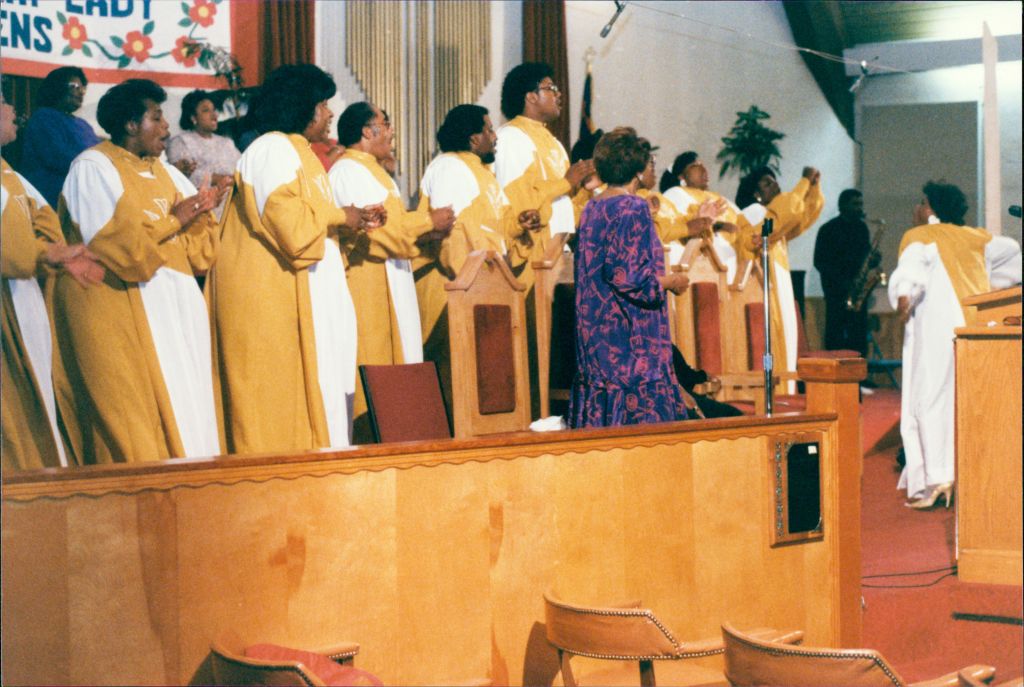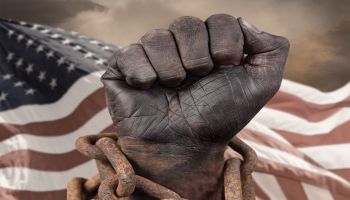Black Independence Day, otherwise known as Juneteenth, has arrived. It is one of the most important days in Black History, representing freedom and liberation.
SEE ALSO: Virginia Councilman’s ‘Lynchings’ Note About Juneteenth Sparks
We’ve compiled a few facts that you may not have known about the celebration of the emancipation of the last slaves in the United States.
- President Abraham Lincoln issued the Emancipation Proclamation on Sept. 22, 1862, but it took nearly three more years before full emancipation was achieved.
- Nearly two years after the signing of the Emancipation Proclamation, Union soldiers arrived in Galveston, Texas, on June 19, 1865, to announce that the Civil War had ended and that slaves were free. Union General Gordon Granger delivered the good news in Galveston, Texas, issuing General Order No. 3 and officially freeing America’s final slaves.
- The end of the war also meant the end of extreme religious persecution, where Blacks in some states like South Carolina were being forced to worship in secret because all-Black churches were outlawed. Since 1865, Black Texans, and others throughout the nation, have celebrated Juneteenth as a commemoration of freedom and an affirmation of Black culture and perseverance.
- On January 1, 1980, Juneteenth became an official state holiday in Texas. African-American state legislator Al Edwards’ bill marked Juneteenth as the first emancipation celebration to receive official state recognition.
- Juneteenth is not a federal holiday, but 43 of the 50 U.S. states and the District of Columbia recognize it as a ceremonial holiday. There are more than 200 cities in the nation that celebrate Black Independence Day with festivals or other events.
- On June 19, 1963, seven days after Medger Evers was shot outside of his home in Mississippi, he was buried at Arlington National Cemetery. The civil rights leader received full military honors. Roy Wilkins, executive director of the national NAACP, said, “Medgar Evers believed in his country; it now remains to be seen whether his country believes in him.”
- June 19 also has significance nearly 100 years after slavery. It is on June 19, 1964, that Civil Rights Act was approved after surviving an 83-day filibuster in the U.S. Senate. The law guaranteed equal access to public accommodations “without discrimination or segregation on the ground of race, color, religion, or national origin.”
Happy Juneteenth!
Seven Things To Know About Juneteenth was originally published on newsone.com

















